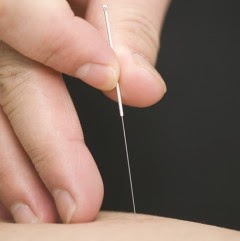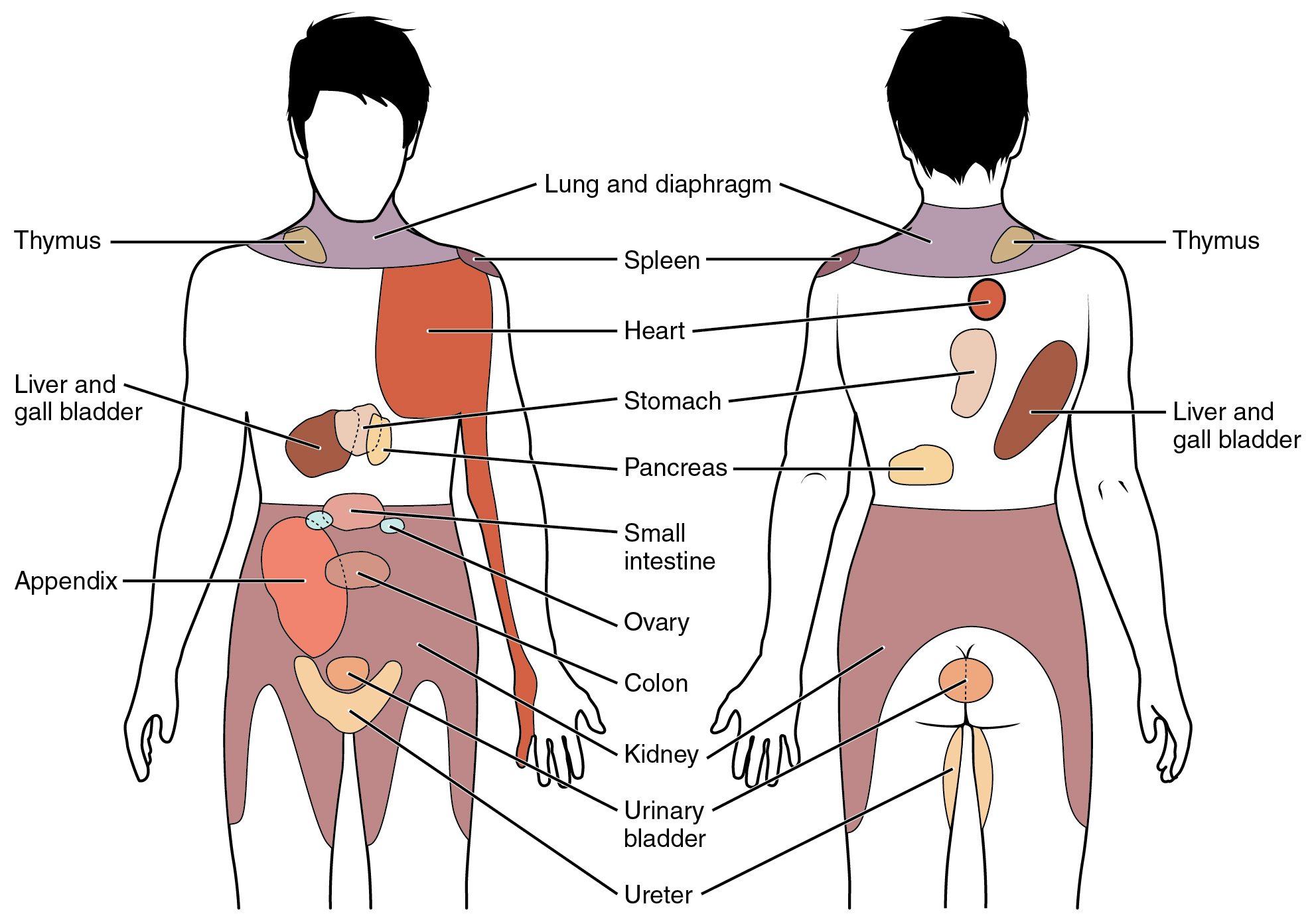Saturday, May 24, 2014
This week, Bob passed his 4 week re-evaluation for outpatient PT and was scheduled for another 4 weeks! (Yay!) And he also had an evaluation from a new speech therapist.
I must say it was an interesting appointment and I must say, I do like this ST. She assessed Bob's "main" aphasia problem as making what she called "semantic paraphasic errors". This means that when Bob tries to "find" a word, and chooses a wrong word, this wrong word is in the same category or closely related to word he is trying to find.
For example: when the ST showed Bob a picture of a garden bench, he said "yard".
And when she asked Bob if we had any pets/animals at home, Bob told her "a horse". (Of course, if you ever met Boomer --- well, you know, many people say he's as big as horse!)
She says she has some ideas on how to work on this problem.
And this "semantic paraphasic errors" thing is good for me to know and understand, because now when Bob says a word that doesn't make sense, I know the word he means is something closely related to the word he says. I think just knowing this may help our communication.
She also had Bob working on an aphasia app on her I-Pad. Afterward, Bob told me the I-Pad was "fun". I do wish we could afford one of these for him..... maybe someday!
So! Bob starts speech therapy in June. He will have two appointments each week. And he is looking forward to it.
And to think, his last ST told me, over a year ago, that Bob didn't need speech therapy because he was "functional" enough to let me know his needs with gestures... Before that, the ST had discharged him for "no progress".
So, it's great to find a ST who, finally, wants to work with him. And actually has a diagnosis which is not vague or kept hidden from me (like his first ST who would not tell me the results of her "tests").
And, thank goodness, he's getting financial aid for this from the charity hospital. And they just started offering speech therapy there. Otherwise, we'd never be able to afford it.
See the original article:
in











































